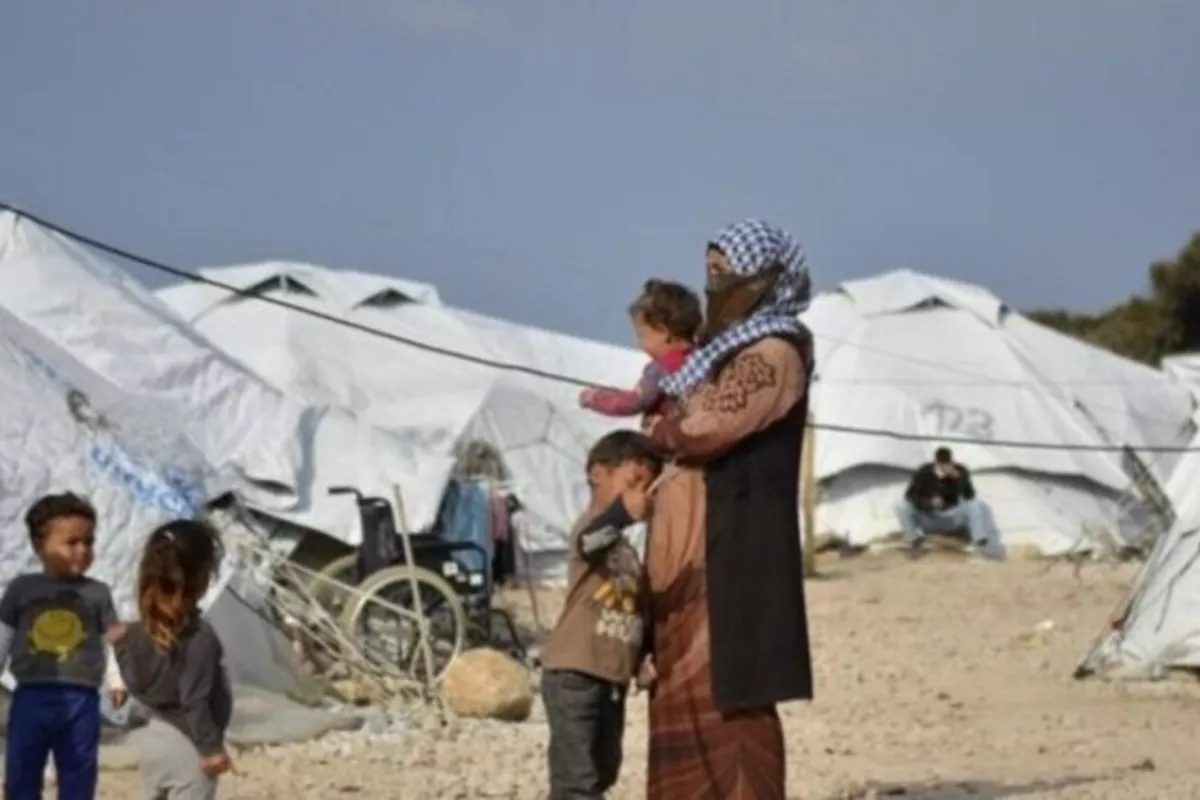
Source: Khaama Press
Canada’s immigration department has expressed deep concern over reports that Tajikistan may deport Afghan refugees awaiting resettlement, urging urgent international action to ensure their safety and protection, The Caspian Post informs via Khaama Press.
Canada’s Ministry of Immigration, Refugees and Citizenship has expressed deep concern over reports that Afghan refugees are being deported from Tajikistan. According to estimates, around 3,000 Afghan refugees in Tajikistan are awaiting the processing of their resettlement applications to Canada.
The ministry told CBC News that it is working with the International Organization for Migration (IOM) and the UN Refugee Agency (UNHCR) to engage with Tajik authorities and ensure the “protection and support of Afghans earmarked for resettlement in Canada.”
Rafi Ferdous, co-founder of the Afghanistan-Canada Council, urged Ottawa to prioritize the processing of the approximately 3,000 Afghan cases in Tajikistan, warning that many refugees face an uncertain and unsafe future.
Under Canada’s private sponsorship program, community groups, organizations, and companies can bring refugees to Canada, providing financial support, housing, and assistance in finding work and education opportunities.
One refugee in Ottawa, Noorullah Hakimi, voiced concern over the potential deportation of his mother from Tajikistan. He called on Canadian authorities to speed up her asylum process, explaining that she fled Afghanistan after being tortured by the Taliban and is now in hiding in Tajikistan.
Helen Thibault, Associate Professor of Political Science at Nazarbayev University in Astana, Kazakhstan, said several factors could be behind Tajikistan’s decision to return Afghan refugees to Taliban control. She noted that Tajikistan often follows Russia’s lead, and Russia has formally recognized the Taliban as Afghanistan’s rulers.
Thibault added that hosting around 10,000 Afghan refugees-most of them in poorer, rural southern regions bordering Afghanistan, may also be putting economic and political pressure on Tajikistan’s government, potentially influencing its decision to tighten deportation policies.
Share on social media